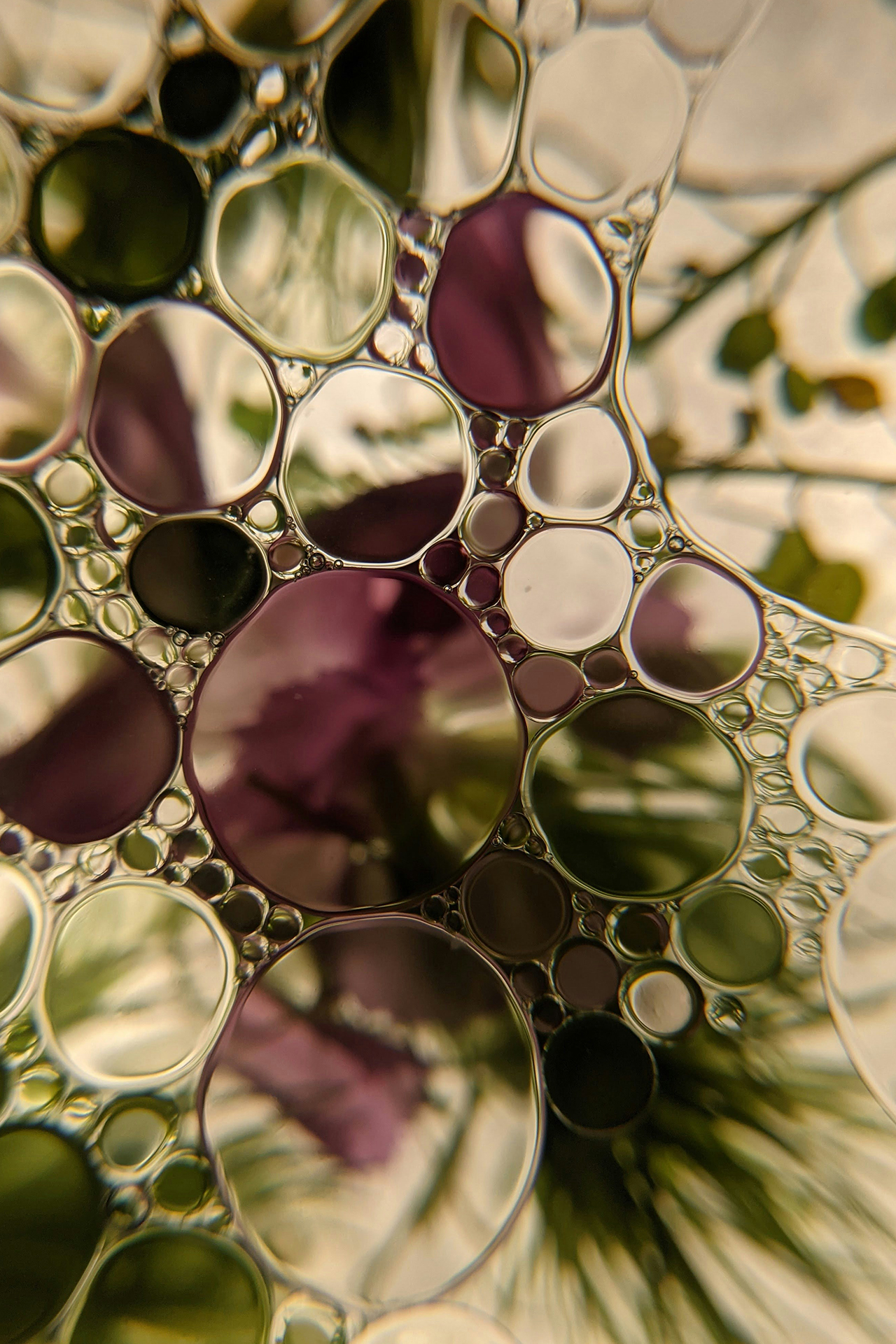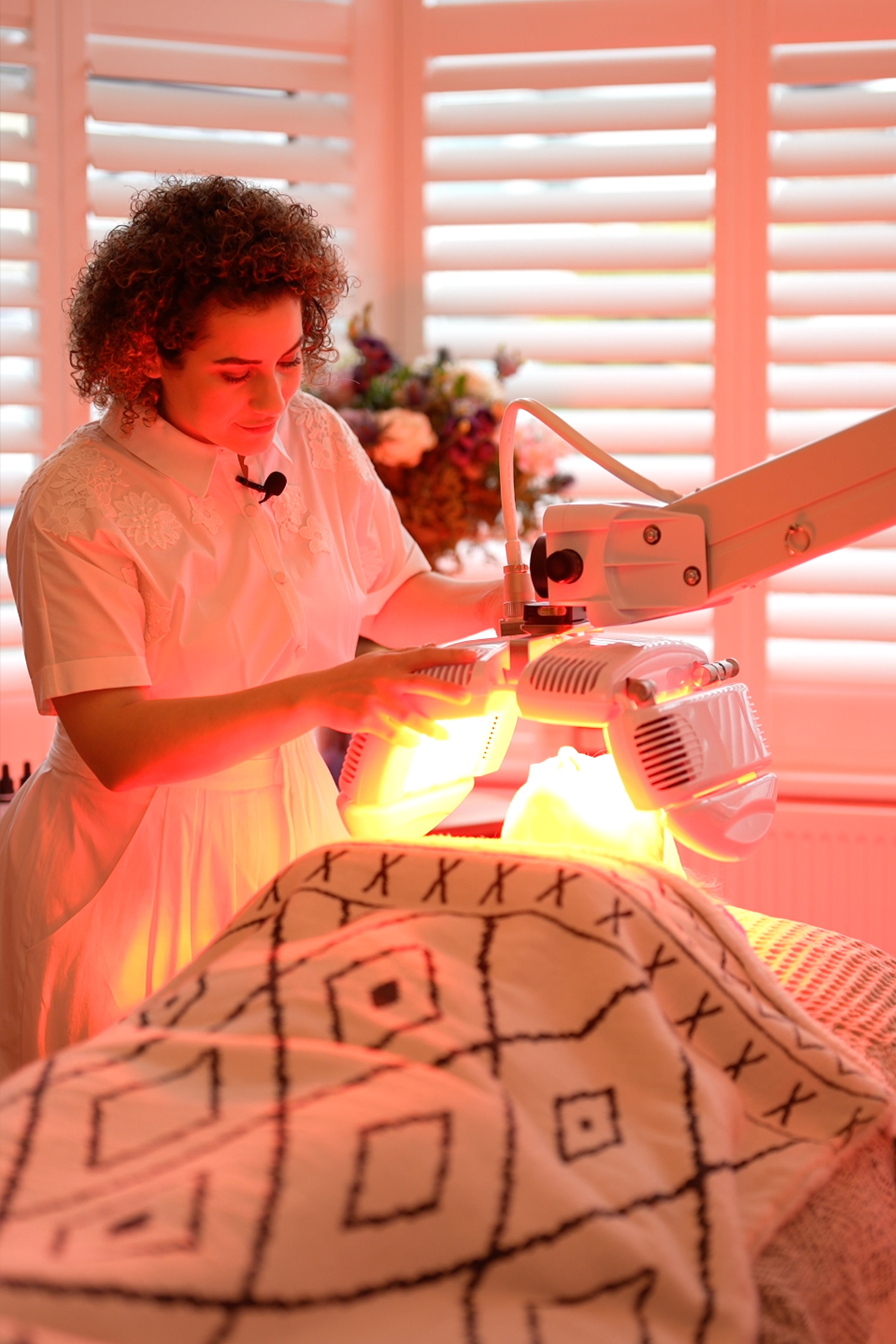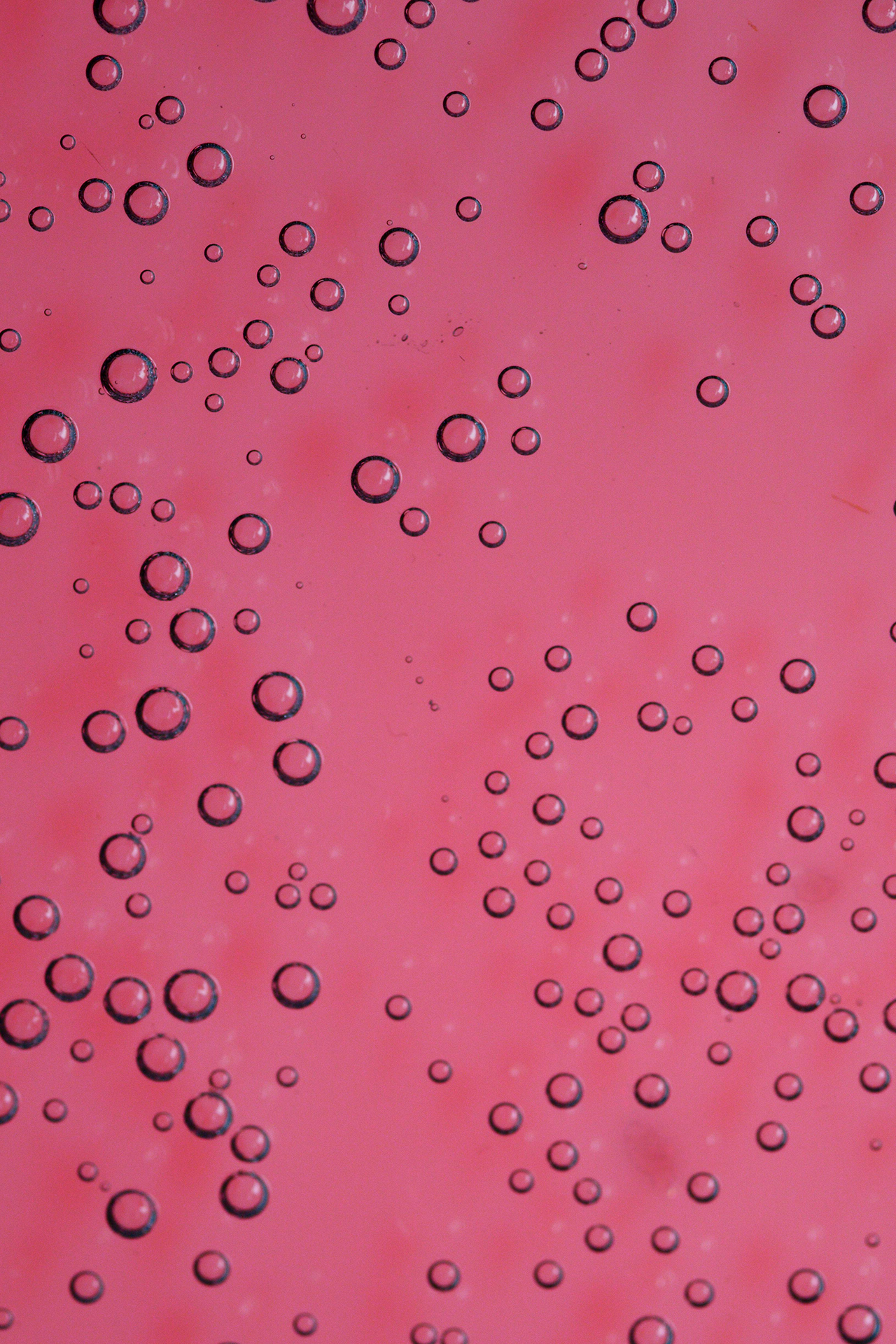
Filaggrin Is Your Friend
Filaggrin is your friend.
Filaggrin, found in mature skin cells (the ones that we can over-exfoliate away) is an important, key protein.
The skin desquamates (a layer of the skin comes off in scales or flakes) naturally every 28 days when the most mature cells become detached. It is not necessary, in some cases, to accelerate this process.
Clean, hydrated, elastic skin with a healthy pH shows the same appearance and naturally carries out the process of cell turnover without the need of forceful desquamation. I understand the appeal of exfoliating, as the skin can appear brighter and smoother afterward. However, I can’t help but think, do we all need to make it an essential step in our skincare routine?
… continuously?
In my experience, I have found it way too harsh for some (not all) skin, and the negative impact on the skin’s health outweighs the benefits you may get by exfoliating. To understand why, we must understand skin…
The dead cells (called corneocytes) that accumulate on the surface of the skin act as a barrier and offer protection. Encouraging the desquamation of mature skin cells in any forceful manner can cause the barrier to become unprotected and vulnerable to external factors, such as the weather (or even possible infections).
Many people do not realise that mature skin cells are packed with an essential protein called “filaggrin”.
We need gentle (the key words here are gentle… and controlled) encouragement for desquamation but many people do not realise that mature skin cells are packed with an essential protein called “filaggrin”. This protein is important because, once it finishes its life cycle it releases amino acids and sugars that are essential components of the skin’s Natural Moisturising Factor (NMF).
Here is more data that some cases of dermatitis are linked to low levels of filaggrin in the skin.
I have seen dermatitis and periorbital dermatitis many times and treated it successfully. I have found hormonal changes can be linked to it, leading to excessive production of sebum (a sticky oily substance the body produces to keep the skin moisturised) but sometimes adding random oils or a very rich moisturiser can exacerbate the condition, as it provides the skin with too much additional sebum.
What we need to do, overall, is increase the activity of a group of enzymes called ATPase (Adenosine TriPhosphatase) to help the skin, which are involved in the maturation of profilaggrin into filaggrin.
My most loved Dermalux Tri-Wave (Medical Device) works wonders at inducing an increase in ATP production.
Modulating filaggrin production (also by encouraging specific epidermal moisturising action) is a must for a healthy skin barrier because filaggrin provides a strong, healthy barrier that is more balanced, less stressed, capable of retaining more water, and works fabulously.
The stronger the barrier, the less vulnerable skin becomes to external and internal factors.
If you are unsure reach out to me and I will help you discover what is best for your unique skin in terms of skincare and an exfoliation regime but, in general, for those who live in cities with higher levels of pollution (or those who want a deeper clean) look out for clay masks, as they tend to not cause over-exfoliation.
Clay can be a super gentle physical exfoliant while absorbing dry-oxidized sebum (try to ensure they are non-drying), which is purifying and has a slight exfoliating action. Use of them every 10-14 days for hypersensitive / environmentally sensitive skin (7-10 for sensitive/ combination skin) or once or twice a week for oilier skins, should suffice.
If you are thinking you can get away with a physical exfoliation like a traditional scrub… you won’t. I advise against them even more than some peels: in addition to the irritation that they can cause, some contain microparticles (even those that are of natural origin) that can create microscopic cuts on the outer layers of the epidermis, leaving your skin vulnerable.













